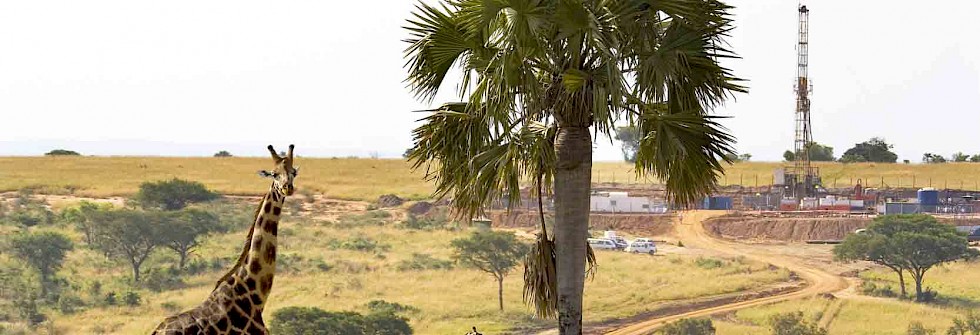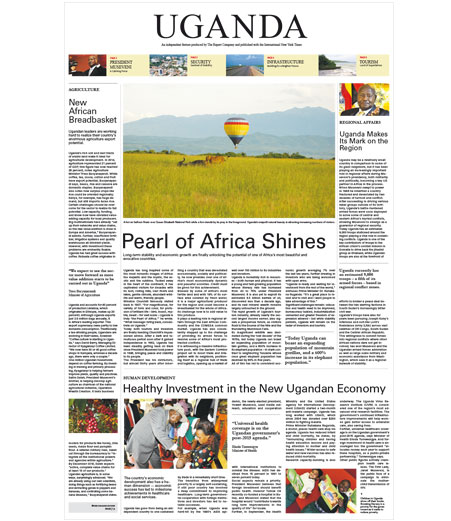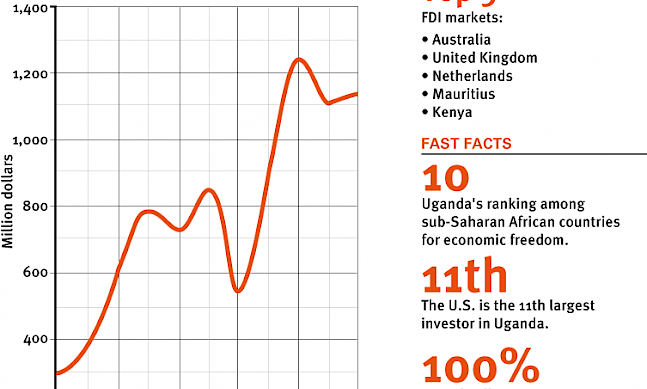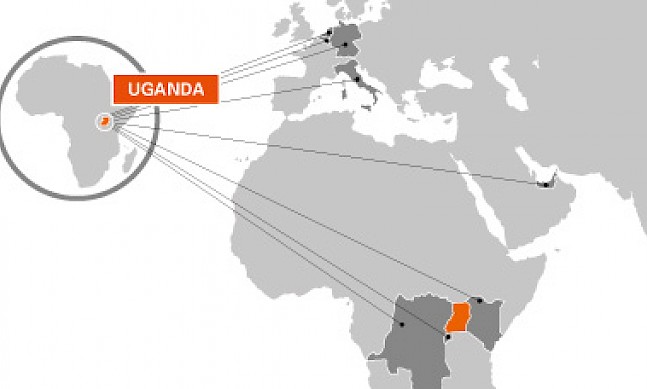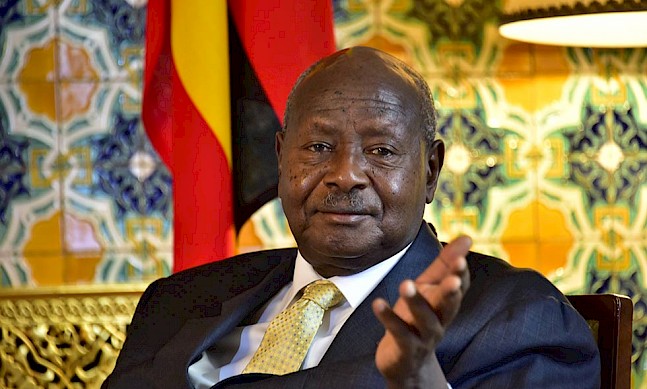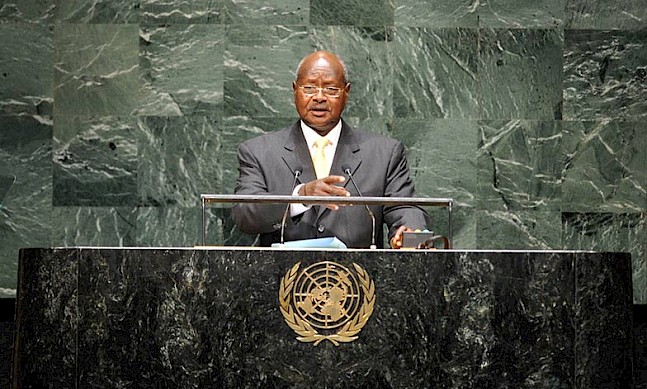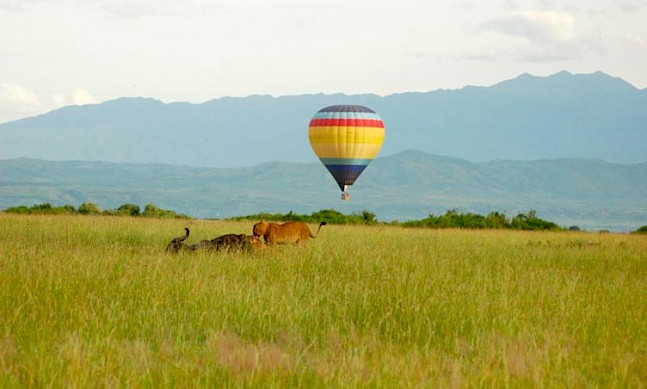Setbacks mean Uganda is still waiting to join East Africa’s oil and gas bonanza.
East Africa has been heralded as one of the world’s great new energy frontiers. Vast offshore gas fields have been discovered off Tanzania and Mozambique, while Kenya has made exciting onshore discoveries and South Sudan has long been a major oil producer.
In 2006 Australia’s Hardman Resources struck oil around Uganda’s Lake Albert on the border with DR Congo, which Heritage Oil labeled the ‘most exciting new play in sub-Saharan Africa in the past decade.’
“We have confirmed resources of 6.5 billion barrels of crude oil and about 500 billion cubic feet of gas,” states Irene Muloni, Uganda’s Minister of Energy and Mineral Development. “Only 40 percent has been explored.”
Although production was set to begin in 2009, Uganda’s oil and gas sector – seen as a game changer for the local economy – is yet to get off the ground.
To date only one license has been issued to China’s CNOOC, while the UK’s Tullow and France’s Total are still awaiting the granting of their first licenses after years of successful drilling and waiting.
“The selection process is in its final stages for the construction of a refinery in western Uganda.”Post This
Tax disputes, issues over the resettlement of local communities, border disputes with neighboring DR Congo over the division of the oil deposits as well as the recent drop in global oil prices are all contributing factors, and production is now not expected to begin in 2018.
The delays are an early setback for the advance of President Museveni’s flagship ‘Vision 2040’ plan. Many key infrastructure projects are reliant on Uganda’s expected oil revenues, with the added benefit of ending dependence on expensive energy imports from Mombasa.
Two further issues which are being addressed are the refining and the transportation of Uganda’s crude oil, which is regarded as particularly heavy. In August President Museveni with his Kenyan counterpart President Kenyatta announced the route of the pipeline connecting Uganda’s Lake Albert region with Kenya’s ports.
Meanwhile the selection process is in its final stages for the construction of a refinery in western Uganda. The $2.5 billion project, which will be 40% owned by the government and 60% by private investors, is expected to be ready for operations in 2018 and will have an initial production capacity of 30,000 bpd, having a knock-on effect for local industries.
“We want to set up a petrochemical industry around the refinery,” says Muloni, “so that it will become a whole center with energy-
based industries.”


